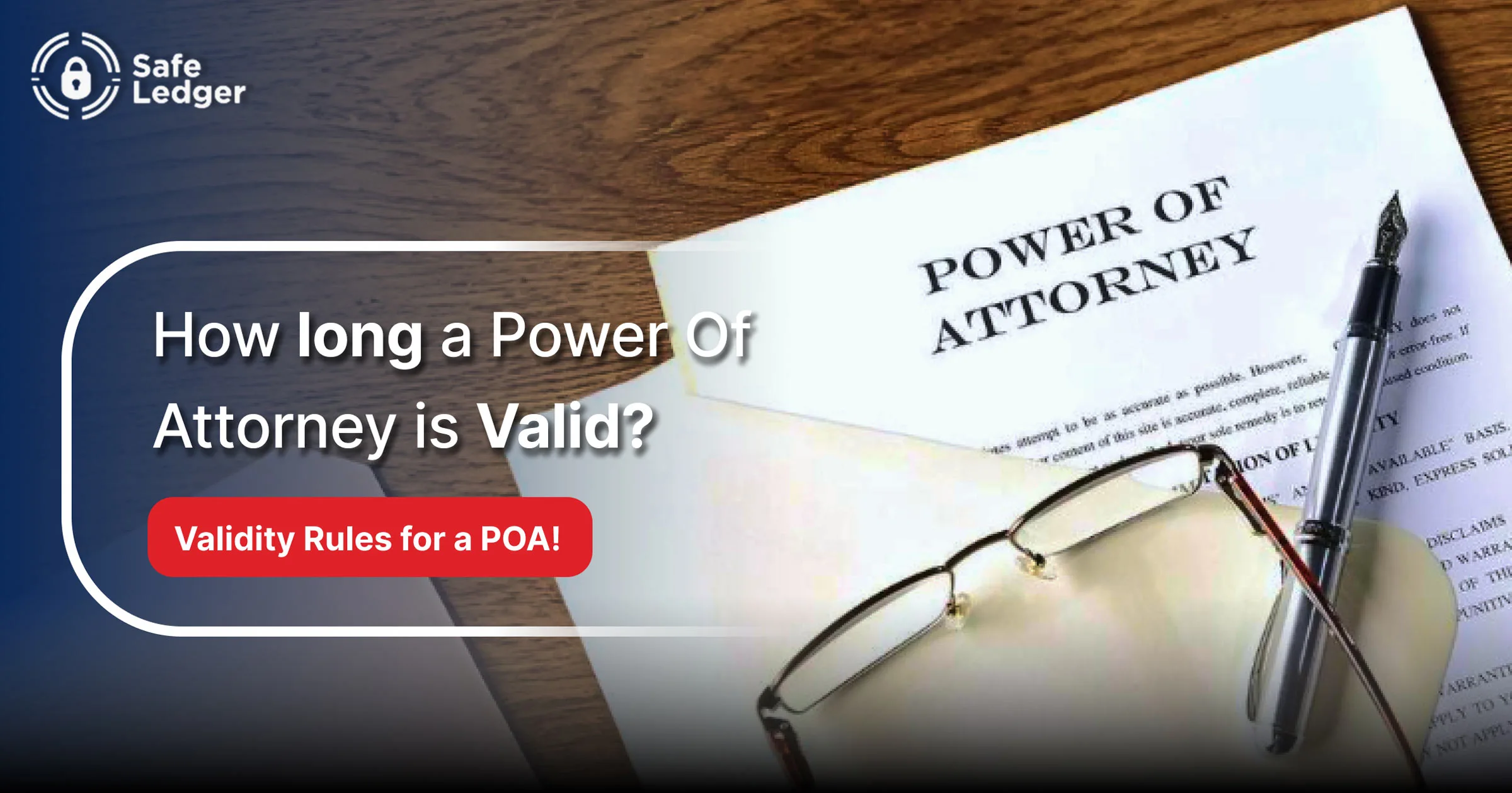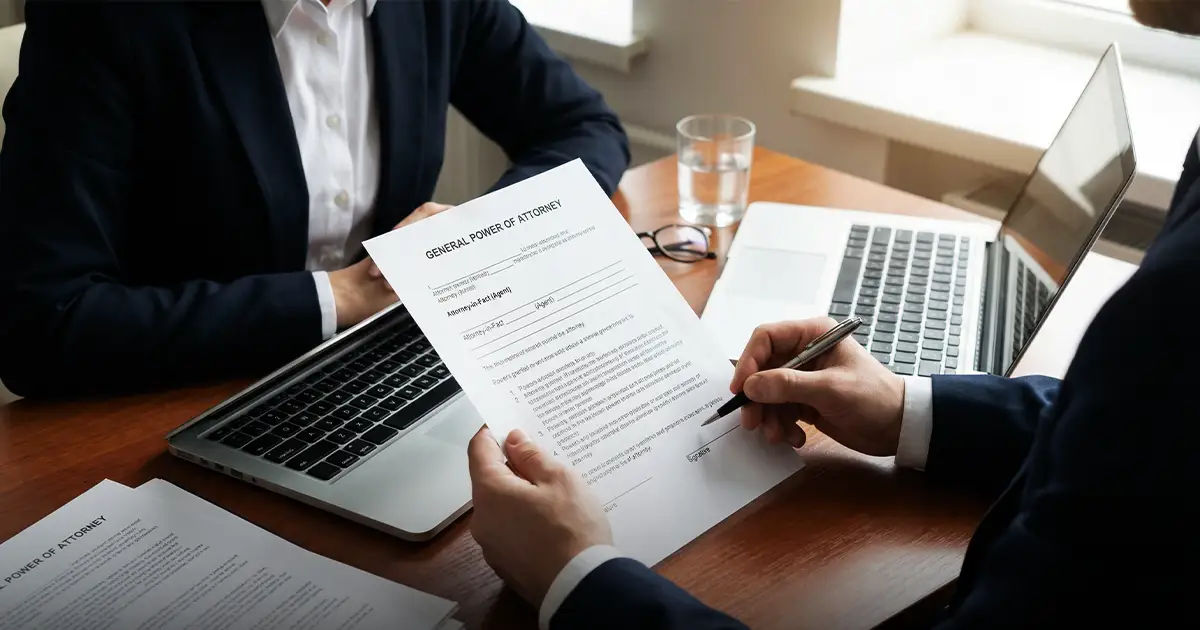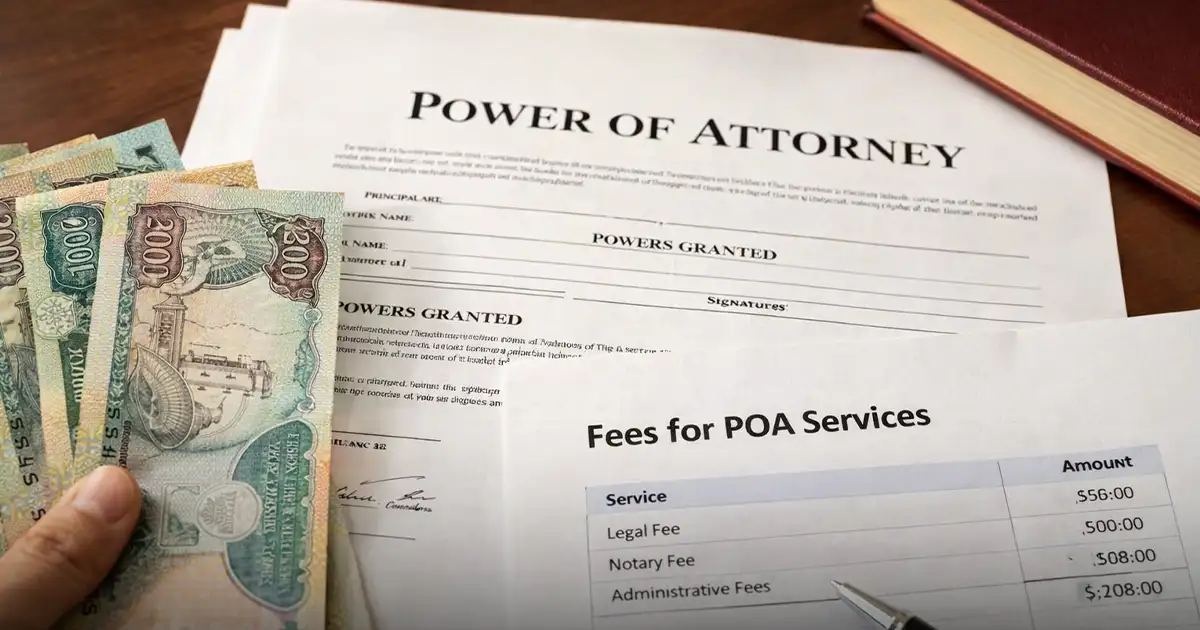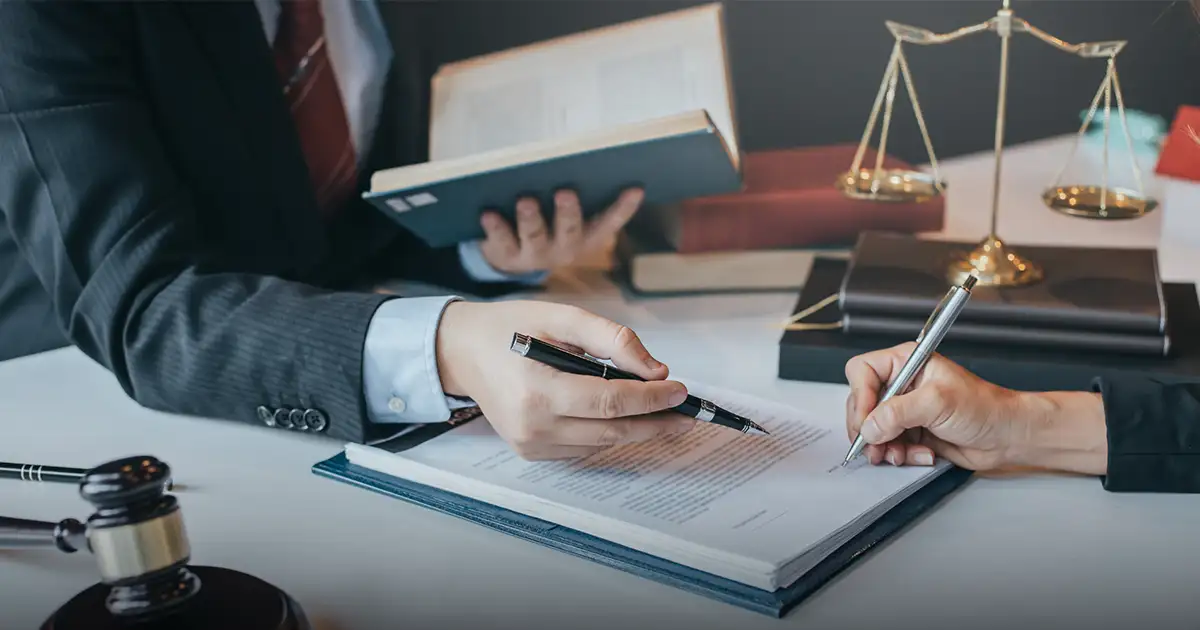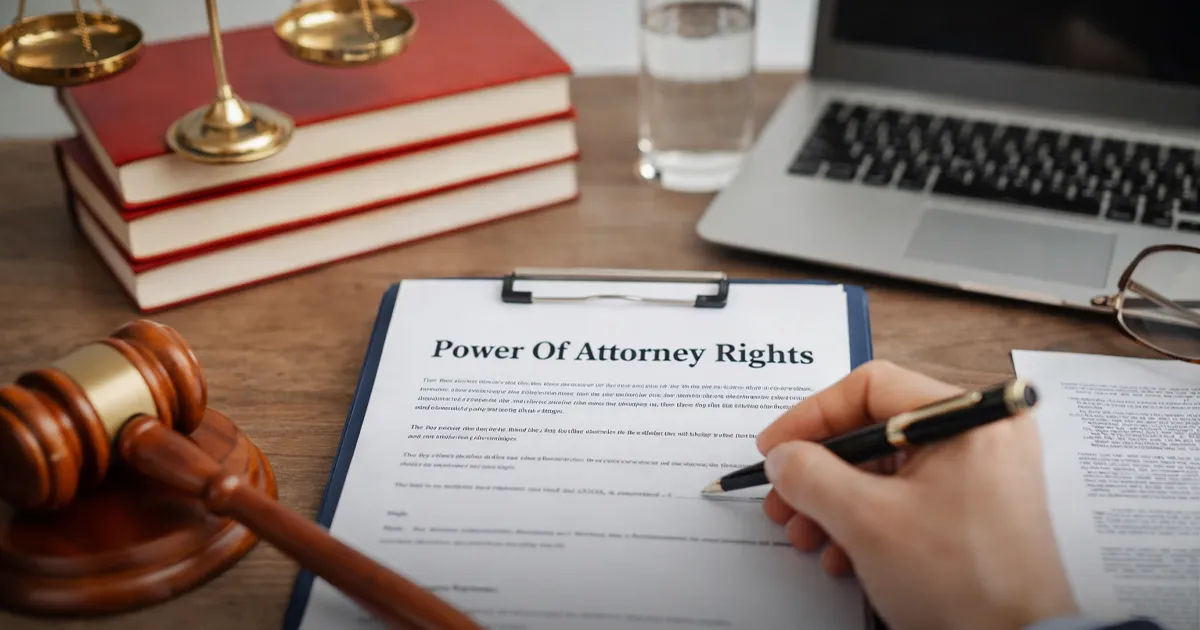A Power of Attorney can end, or expire, for several reasons. Knowing these triggers is essential for both the principal and the agent.
- Expiry by a Stated Date or Event
The simplest way a POA expires is when the date specified in the document arrives. If your POA states it is valid until say September 30, 2025, it will become invalid on October 1, 2025. Similarly, for an SPA, the completion of the designated task (like the sale of a specific asset) terminates the agent’s authority.
- Death of the Principal or Agent
A Personal Power of Attorney is a legal agreement between the principal and the agent. The authority granted is personal to them. Therefore, the POA automatically and immediately expires upon the death of either the principal or the agent. An agent cannot continue to act on behalf of a deceased person. After death, the estate is managed by an executor or by succession law, not through the POA.
- Incapacity of the Principal
In the UAE, as per the Civil Code, a standard Power of Attorney typically expires if the principal loses legal capacity (for example, due to a severe illness or injury leading to a coma). This is a critical protection, as the agent’s authority stems directly from the principal’s consent. If the principal can no longer provide that consent, the agency relationship ends.
- Revocation by the Principal
As the person who grants the power, you have the right to take it back. The principal can revoke (cancel) a Power of Attorney in Dubai at any time, as long as they are mentally competent.
- Court Order or Authority Rejection
Courts or government authorities in the UAE may cancel or refuse a POA if it is misused, fraudulent, or goes against public policy.
How to Revoke a POA in the UAE?
The process for revocation is formal and must be properly documented.
- Visit a Notary Public: You must go to a registered Notary Public in the UAE.
- Submit a Revocation Request: You will need to present the original POA or a copy, along with your identification.
- Notify the Agent: The Notary Public will officially document the revocation. It is your legal responsibility to ensure the former agent is notified in writing that their authority has been cancelled. Failure to do so could lead to legal complications if they continue to act on your behalf.
- Update Relevant Authorities (if applicable): If the POA was granted for property dealings, the revocation must also be lodged with the Dubai Land Department (DLD). For company-related authorizations, the revocation should be reflected in official company records, such as amendments to the Memorandum or Articles of Association.
When Do Authorities Refuse a POA?
In the UAE, not all Powers of Attorney are automatically accepted by banks, government bodies, or property regulators. Authorities may refuse a POA in the following situations:
- Outdated Document: Many institutions only accept POAs that are less than one year old, even if the document states a longer validity.
- Broad or Vague Powers: A POA that grants unrestricted powers without clear limitations may be rejected due to the risk of misuse.
- Improper Notarization: If the POA is not notarized correctly or lacks legal translation into Arabic, it will not be recognized.
- Misuse or Fraud Concerns: Courts and government bodies can suspend or cancel a POA if there are signs of abuse, fraud, or if it contradicts public interest.
